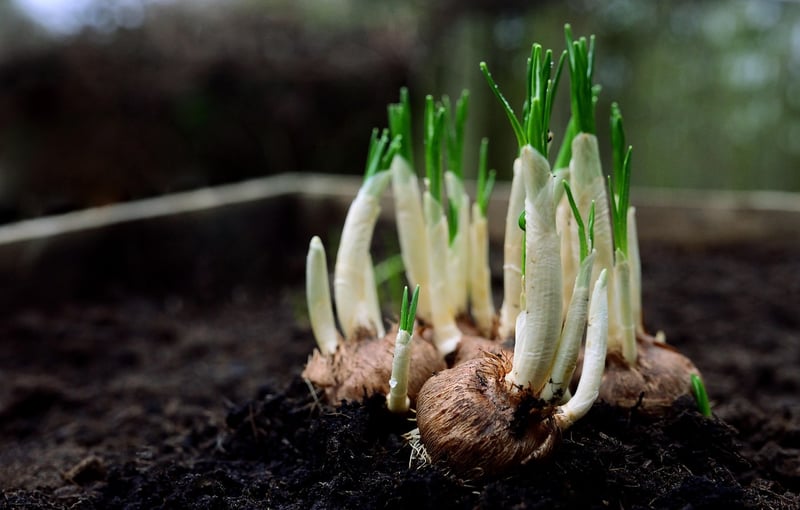Soil Requirements
Essential Care Information for Healthy Plants
Introduction
Proper care is essential for maintaining healthy plants. Understanding the specific needs of your plants, including soil requirements, watering schedules, and sunlight exposure, can help them thrive and flourish. In this guide, we will focus on the importance of soil requirements for optimal plant growth.
Soil Requirements
Choosing the right type of soil is crucial for the health and well-being of your plants. Different plants have varying soil preferences, and providing the correct type of soil can significantly impact their growth. Here are some common soil requirements to consider:
1. Well-Draining Soil
Most plants prefer soil that is well-draining to prevent waterlogging, which can lead to root rot. Sandy soils are excellent for drainage, while clay soils tend to retain water. Mixing organic matter like compost can improve drainage in clay soils.
2. pH Level
The pH level of the soil can affect nutrient availability to plants. Most plants prefer slightly acidic to neutral soil (pH 6.0-7.0). You can adjust the pH level of the soil by adding amendments like lime to raise the pH or sulfur to lower it.
3. Nutrient-Rich Soil
Plants require essential nutrients like nitrogen, phosphorus, and potassium for healthy growth. Fertilizing the soil with organic or synthetic fertilizers can help replenish these nutrients and promote vigorous plant growth.
Conclusion
By understanding and meeting the soil requirements of your plants, you can create an optimal growing environment that supports their health and vitality. Remember to observe your plants regularly and adjust their care regimen as needed to ensure they thrive and bloom beautifully.

For more detailed information on plant care, consult with your local nursery or gardening expert.
References: The Spruce - Understanding Soil pH Requirements for Gardening University of Minnesota Extension - Soil pH and Gardening
